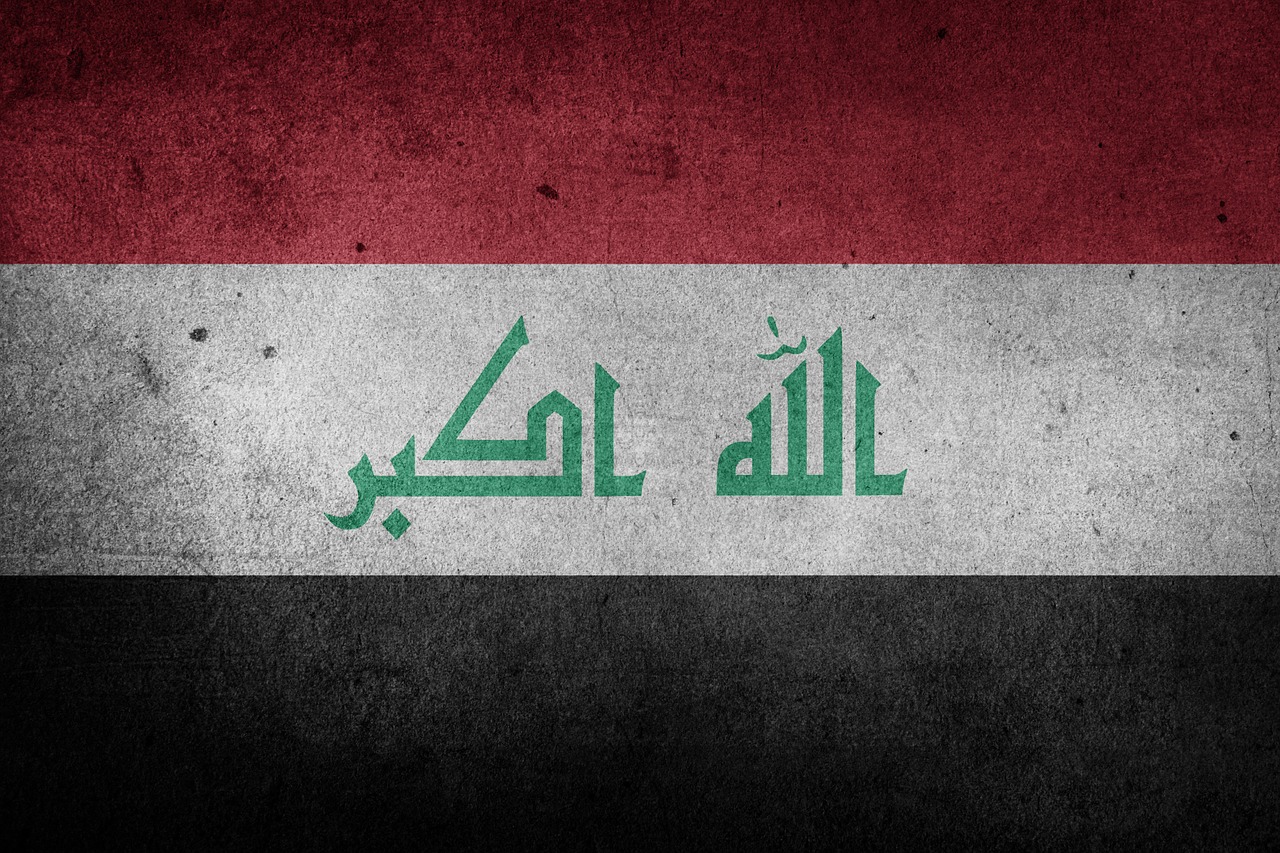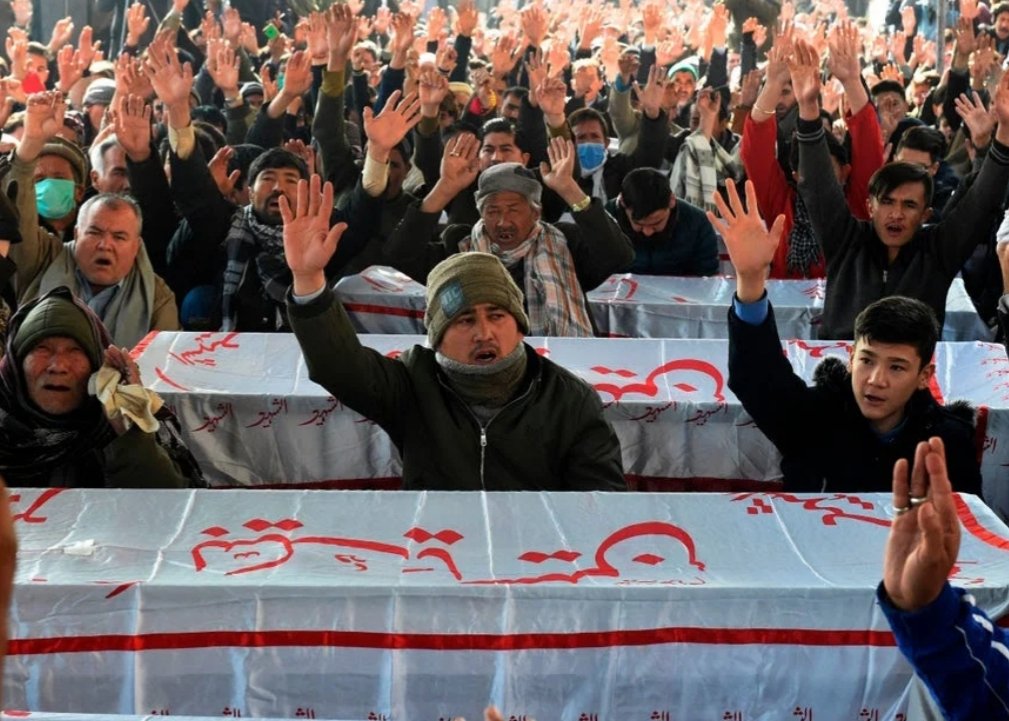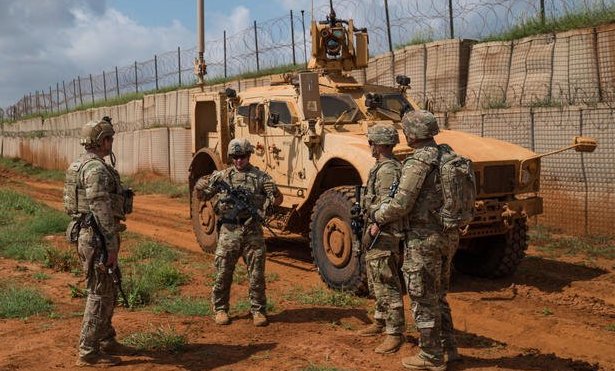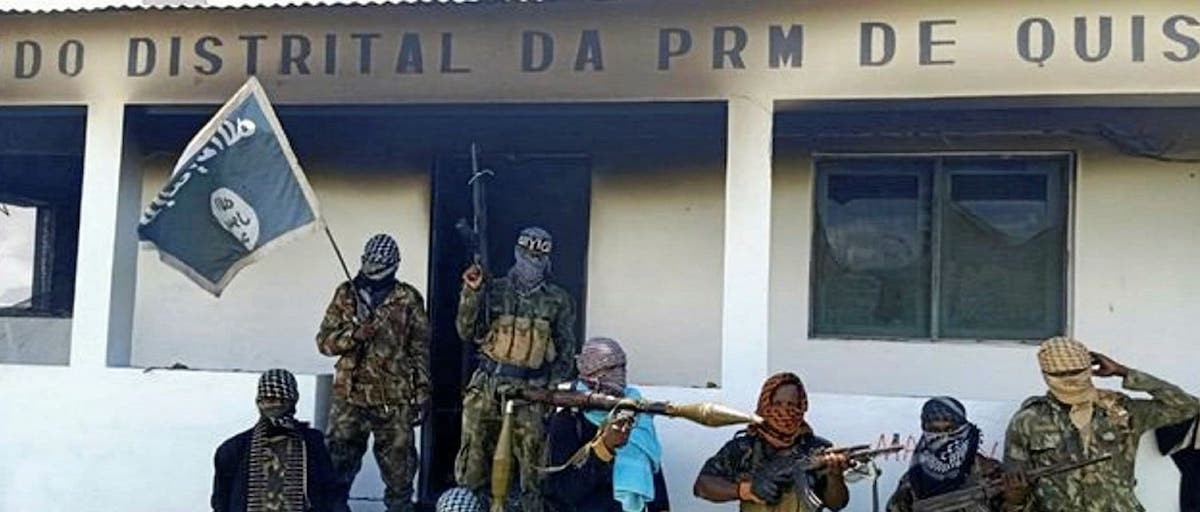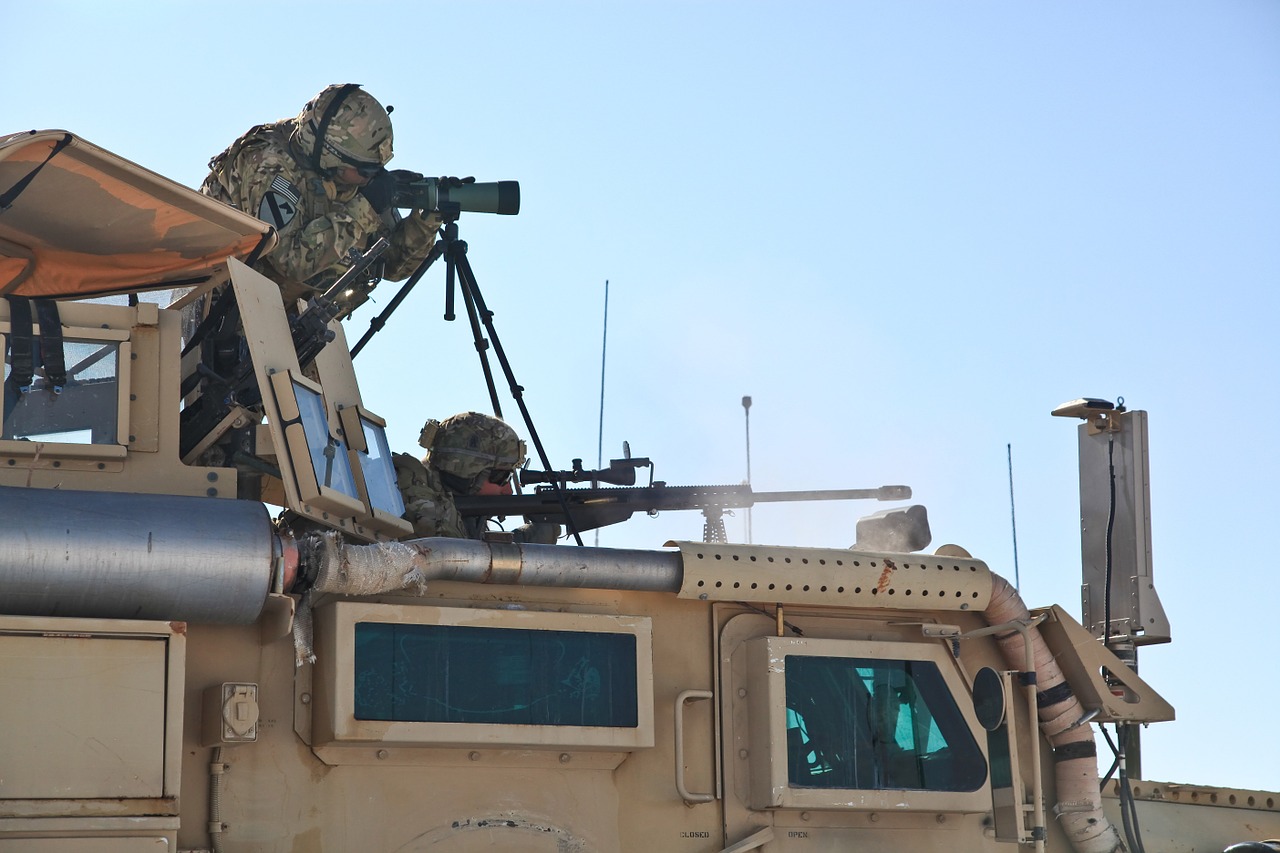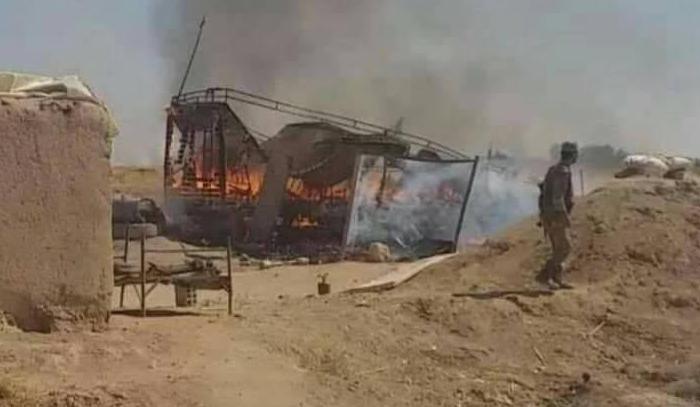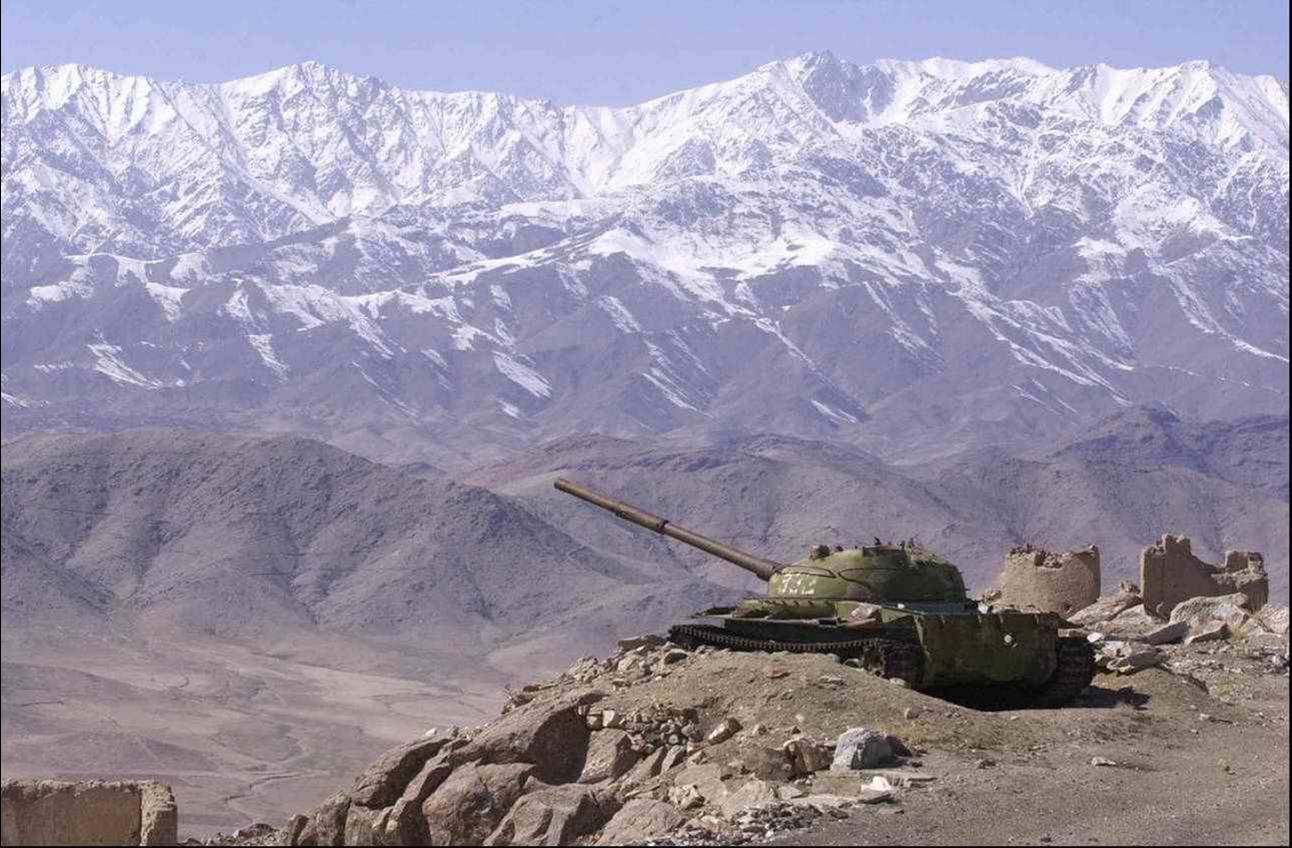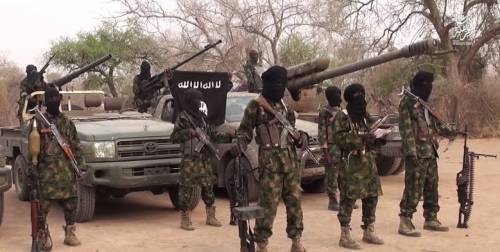
Biden’s first air-strikes: the Great Game in Syria
In the first air-strikes on Syria under the Joseph Biden administration, US warplanes struck positions of Iran-backed militia forces at a Revolutionary Guards base near the Iraqi border in the country’s desert east. The Pentagon said the strikes “destroyed multiple facilities at a border control point used by a number of Iranian-backed militant groups,” including Kataib Hezbollah. It was also a Tehran-backed paramilitary formation that claimed responsibility for last week’s missile attack on the US airbase at Erbil, in northern Iraq. The US bombing an Iran-backed militia in retaliation for an attack in Iraq is a textbook example of how Syria has been turned into a playing field in the Great Power game. (Image: Pixabay)



